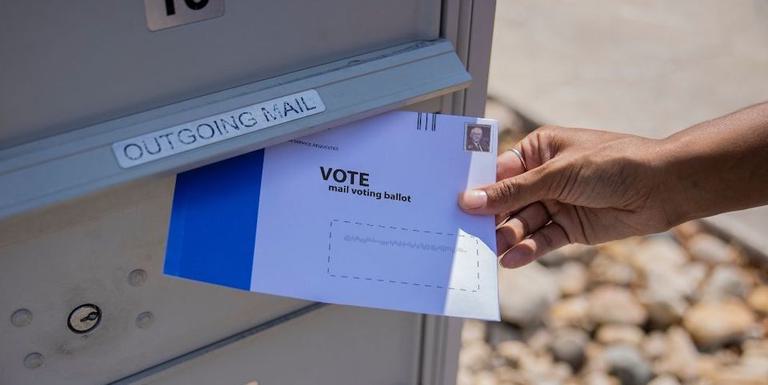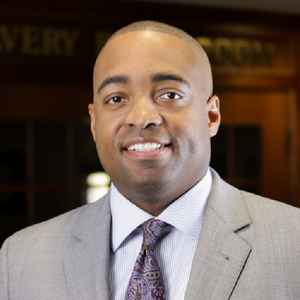
Law & Principles
Jonathan Small | April 4, 2022
Oklahoma election-integrity measures are justified
Jonathan Small
Voter confidence is crucial to democratic stability. That’s why it is appropriate for Oklahoma state lawmakers to advance election-security measures even though Oklahoma has not suffered the election irregularities that have plagued other states.
No one can seriously argue that the often-slapdash changes made to voting systems nationwide in 2020 did not harm public confidence in election outcomes.
An ABC/Ipsos poll, conducted December 27 to December 29, 2021, found that just 20 percent of Americans said they were “very confident” in the “integrity of the U.S. electoral system overall.”
A CNN poll conducted from Jan. 10 to Feb. 6 by SSRS found that just 17 percent of respondents said they were very confident “that elections in America today reflect the will of the people.” In contrast, 33 percent said they were “not at all confident.”
Those numbers show voters from all parties have a sense of unease about the validity of their state election systems. Policymakers should do all they can to remove such doubt.
In Oklahoma, one notable measure that has advanced is House Bill 3046, by state Rep. Mark Lepak, which creates the “Prohibit the Private Funding of Elections Act.” The bill makes it illegal for election officials to solicit or accept private funding for election purposes.
In 2020, a charity tied to a billionaire provided roughly $350 million in grants to election systems across the country, including Oklahoma. The grants proved controversial. Reportedly, just 10 percent went to COVID measures that supposedly prompted the infusion of private cash. Also, more was spent on a per-voter basis in Democratic-dominated areas than in Republican enclaves, and an investigation in Wisconsin concluded the grant funds were used in ways that violated Wisconsin law prohibiting election bribery.
That has fueled public perception that the private funds were intended to influence election outcomes, not address COVID concerns. As Lepak noted, many who defend the 2020 grants would likely sing a different tune if a conservative billionaire suddenly began funding state elections.
Other measures have advanced to address reasonable voter concerns. One such measure is House Bill 2974, which would require state officials to verify the legitimacy of registrations when more than 10 registered voters share a single residential address (not an apartment complex or group-home setting). The bill’s author cited one residence in the state that is supposedly home to 27 voters. You don’t have to be a conspiracy nut to think that situation merits a closer look.
Not all lawmakers are on board. State Rep. Anthony Moore, R-Clinton, argued it is a waste of time for district attorneys to review such voter-fraud concerns.
But Moore is wrong. When voters see an elected lawmaker argue against such simple, common-sense reforms, it does not increase their confidence in the election process, but instead causes them to question that politician’s motives.

Jonathan Small
President
Jonathan Small, C.P.A., serves as President and joined the staff in December of 2010. Previously, Jonathan served as a budget analyst for the Oklahoma Office of State Finance, as a fiscal policy analyst and research analyst for the Oklahoma House of Representatives, and as director of government affairs for the Oklahoma Insurance Department. Small’s work includes co-authoring “Economics 101” with Dr. Arthur Laffer and Dr. Wayne Winegarden, and his policy expertise has been referenced by The Oklahoman, the Tulsa World, National Review, the L.A. Times, The Hill, the Wall Street Journal and the Huffington Post. His weekly column “Free Market Friday” is published by the Journal Record and syndicated in 27 markets. A recipient of the American Legislative Exchange Council’s prestigious Private Sector Member of the Year award, Small is nationally recognized for his work to promote free markets, limited government and innovative public policy reforms. Jonathan holds a B.A. in Accounting from the University of Central Oklahoma and is a Certified Public Accountant.